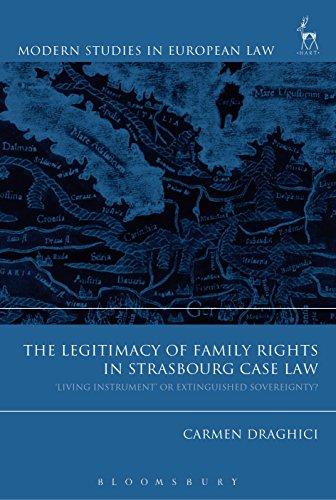Question
After working for the Internal Revenue Service (IRS) as an auditor and investigator for ten years, Eva resigns. She subsequently applied for employment at the
After working for the Internal Revenue Service (IRS) as an auditor and investigator for ten years, Eva resigns. She subsequently applied for employment at the New Enterprise Company (NEC), a private business that conducts background checks. Eva was hired by NEC and her responsibilities included interviewing and hiring all new employees. After reviewing Grace's application and interviewing Grace, Eva denied her application for employment. Curious about the reasons for her denial, Grace files an FOIA request with the IRS and learns that Eva had also filed an FOIA request for any information about Grace that the IRS holds. In response to her request, the IRS informed Grace that they gave Eva the following documents and information:
Grace's former home addresses;Grace's college transcripts that she provided the IRS at the time of application for her prior job; a letter from Grace's supervisor that recommended against hiring her for a position involving sensitive data;a copy of the written decision of an administrative law judge (ALJ) in a case filed by Grace against the IRS in which she challenged the results of an audit done by the IRS on her own tax return. Grace appealed the initial decision in the audit to an ALJ. In the official decision, the ALJ ruled in favor of the IRS and ordered Grace to pay back taxes and interest penalties.
The report of the internal investigation of Grace by the IRS concerning allegations involving two audits that Grace conducted for two taxpayers whom she appeared to know personally. The allegations suggested that the taxpayers and Grace stayed at the same hotel in the Bahamas, and flew to and from the Bahamas on the same flight (and were assigned three seats together on both flights), all of which occurred prior to the audit. Grace claimed that she did not know or remember the two taxpayers from the flights and thus did not recuse herself or turn their audits over to another auditor within the IRS. The investigation found insufficient evidence to cite her for a violation of internal, operational rules of the IRS. However, the report concluded as follows: "Although we uncovered no unreported income of the two taxpayers, nor any undue influence on Grace as an auditor, we believe that she violated the spirit of the rules by not reporting her relationships prior to or in her final report of the audit."Grace comes to you, her attorney, and asks you to write her a memo explaining the FOIA, the Privacy Act, and whether she has any rights under either act that have been violated.
- Explain the conflicting values and limitations of each act, and how the two acts interrelate to offset the negative values of the other.
- Then, starting with the FOIA, explain the major provisions of each act, citing and applying any specific rules or exceptions in the FOIA that may pertain to Grace's case.
- Next, explain the Privacy Act and its major provisions, citing and applying any specific rules or exceptions that may pertain to Grace's case.
- Finally, if you find that any of Grace's rights under either act have been violated, state the remedies available to her under the act. End with your prediction of whether Grace will prevail.
Step by Step Solution
There are 3 Steps involved in it
Step: 1

Get Instant Access to Expert-Tailored Solutions
See step-by-step solutions with expert insights and AI powered tools for academic success
Step: 2

Step: 3

Ace Your Homework with AI
Get the answers you need in no time with our AI-driven, step-by-step assistance
Get Started


